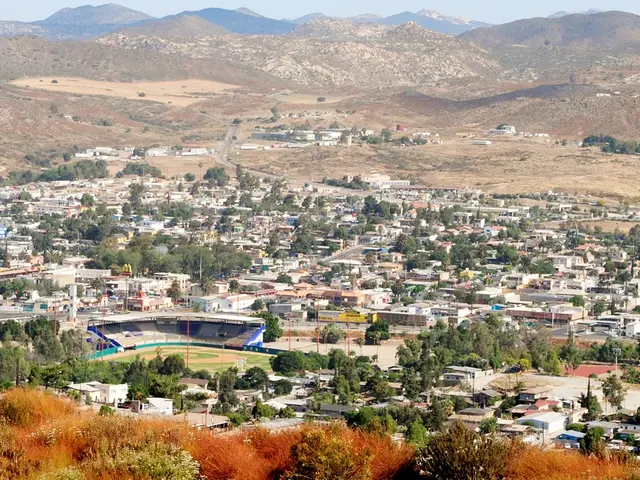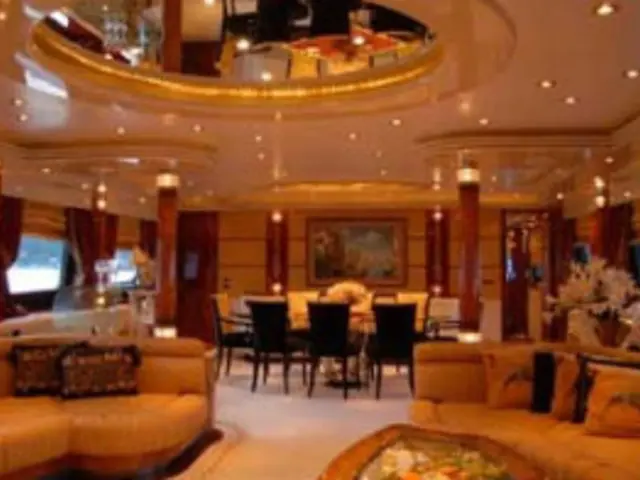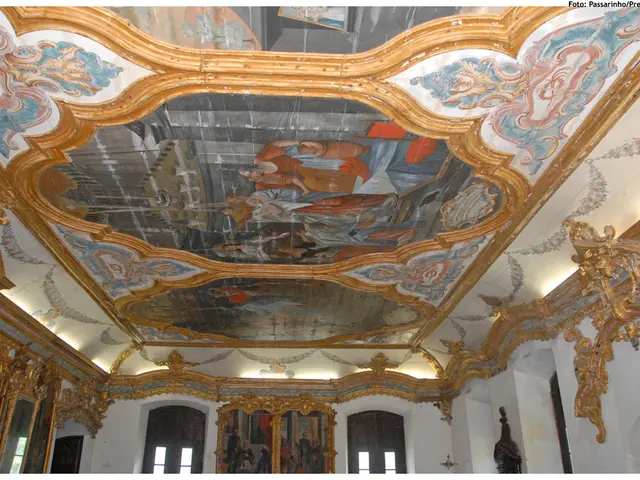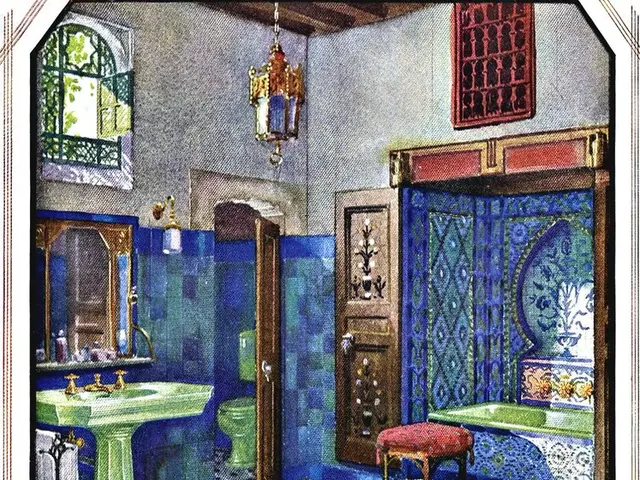New apartment construction in North Rhine-Westphalia experiences a drop-off. - Construction of fresh residences in North Rhine-Westphalia registered a significant increase.
Plunging Apartment Construction Rates in NRW: A Persistent Challenge
The construction of new apartments in North Rhine-Westphalia (NRW) saw a significant decline last year. According to the Statistical Office of North Rhine-Westphalia (IT.NRW), only 41,025 apartments were completed, a drop of 7,123 apartments or 14.8 percent compared to 2023.
The decrease was particularly notable for single and double-family homes, with new single-family homes dropping by nearly a quarter to around 7,370. The number of new buildings with two apartments also saw a drop of 720 to approximately 2,580. In the case of multi-family homes with three or more apartments, the decline was 18.9 percent, with 22,470 apartments completed, representing 5,238 fewer than in 2023. However, the number of apartments created through renovations or extensions of existing buildings increased by 950 to 5,990.
The decline in new apartment construction can be attributed to a decrease in building permits issued, according to IT.NRW. Over the past five years, these have decreased by 34.4 percent. While 40,554 apartments were approved last year, there were 61,849 in 2021. Building permits are considered a key indicator of future construction activity, as they represent planned construction projects.
Nationwide, the number of new apartments also fell by around 14 percent last year. According to the Federal Statistical Office, 251,900 apartments were completed in Germany, which is 42,500 fewer than the previous year. This is the lowest level since 2015.
The construction slump can be attributed to several factors, including significantly increased interest rates and construction costs. Many homeowners have therefore abandoned their plans, and investors have held back, as construction is rarely profitable for them. Experts estimate that Germany is short of hundreds of thousands of apartments, with Federal Chancellor Friedrich Merz (CDU) recently putting the shortage at "500,000 and more."
The new Federal Minister of Housing, Verena Hubertz (SPD), has announced a" housing construction turbo" for the first 100 days of her term. She criticized the complex and lengthy approval procedures, high construction costs, and opaque funding conditions. "The excavators must start rolling again, and we must build, build, build," Hubertz said. "And that at affordable prices."
- NRW
- Crisis
- Germany
- Construction costs
- Düsseldorf
In North Rhine-Westphalia, bureaucratic and regulatory hurdles, economic stagnation, and a slow adoption of modern, industrialized construction methods combine to drive up costs, slow progress, and worsen the housing shortage. Regulatory reform, investment in infrastructure, and a shift toward modular and efficient building techniques are seen as necessary steps to address these issues.
- In light of the ongoing crisis in North Rhine-Westphalia (NRW), stakeholders are advocating for regulatory reform to reduce construction costs, streamline processes, and promote the adoption of modern, industrialized building methods, aiming to accelerate development and mitigate the housing shortage, particularly in cities like Düsseldorf.
- Experts suggest that the high finance costs and investments required to cultivate a healthy real-estate industry are significant factors contributing to the sluggish housing market in Germany, as deterred investors and homeowners perpetuate the construction slump, exacerbating the existing housing shortage.
- As part of a broader push to resolve the housing crisis, the new Federal Minister of Housing, Verena Hubertz (SPD), has vowed to implement a "housing construction turbo" in Germany's first 100 days, seeking to remove bureaucratic obstacles, reduce construction costs, and promote infrastructure development to accelerate housing construction and ensure affordable prices for citizens nationwide.








